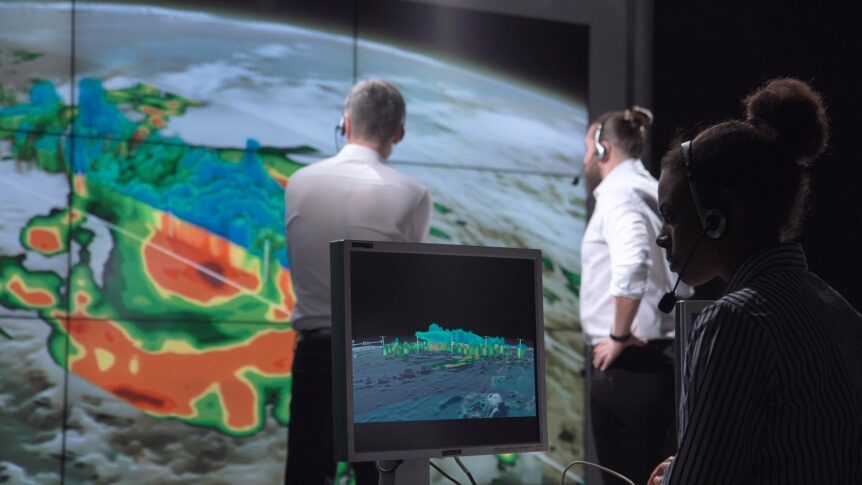Are we really paying attention to what we’re doing to our planet? It seems like Americans are missing the mark on understanding the full scope of climate change. Here’s a hard look at how we’re turning a blind eye to the damage we’re causing.
1. Underestimating Sea Level Rise
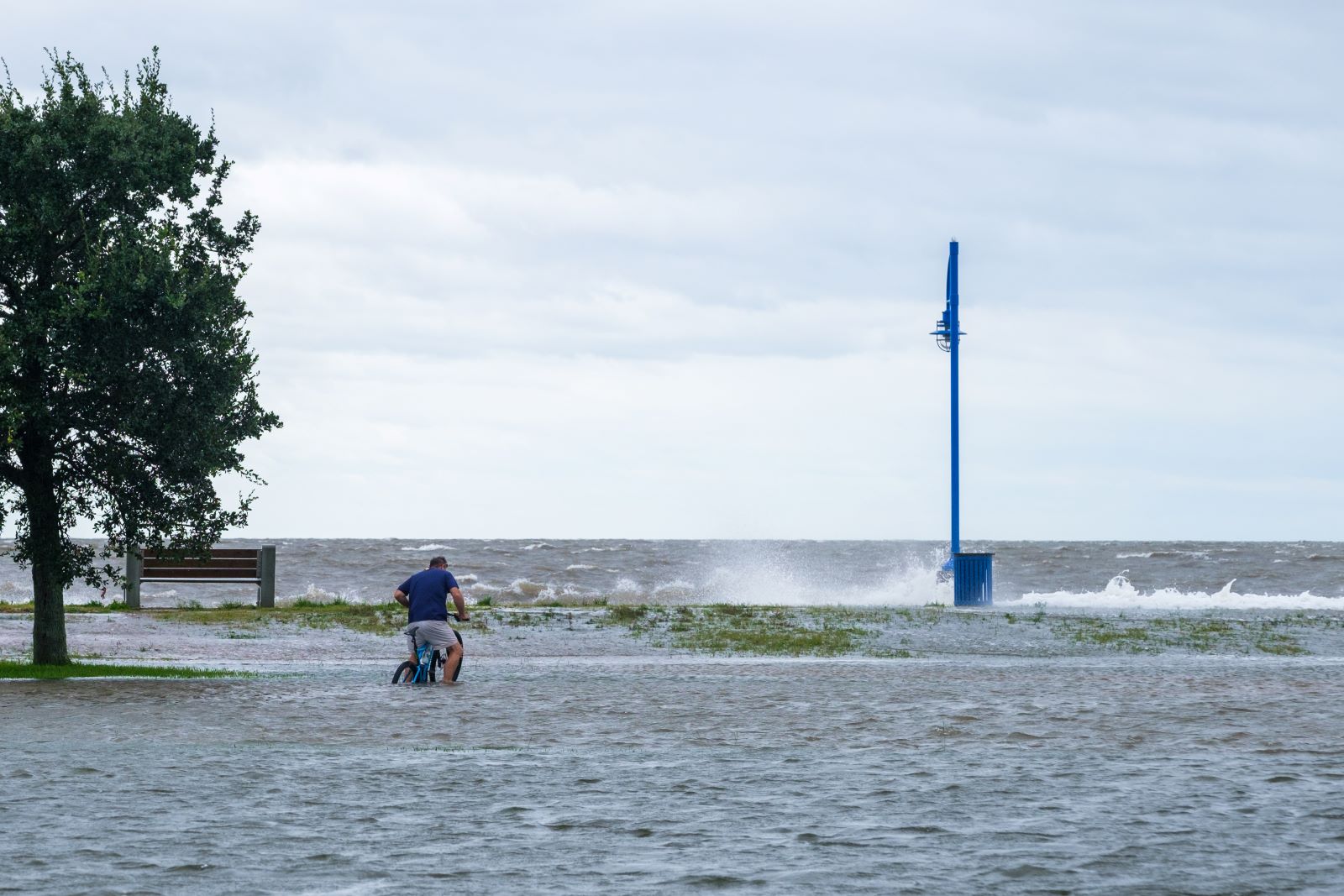
Image Credit: Shutterstock / William A. Morgan
Many Americans still view rising sea levels as a distant issue, not realizing coastal cities are already planning for imminent water invasions.
2. Ignoring Extreme Weather Patterns
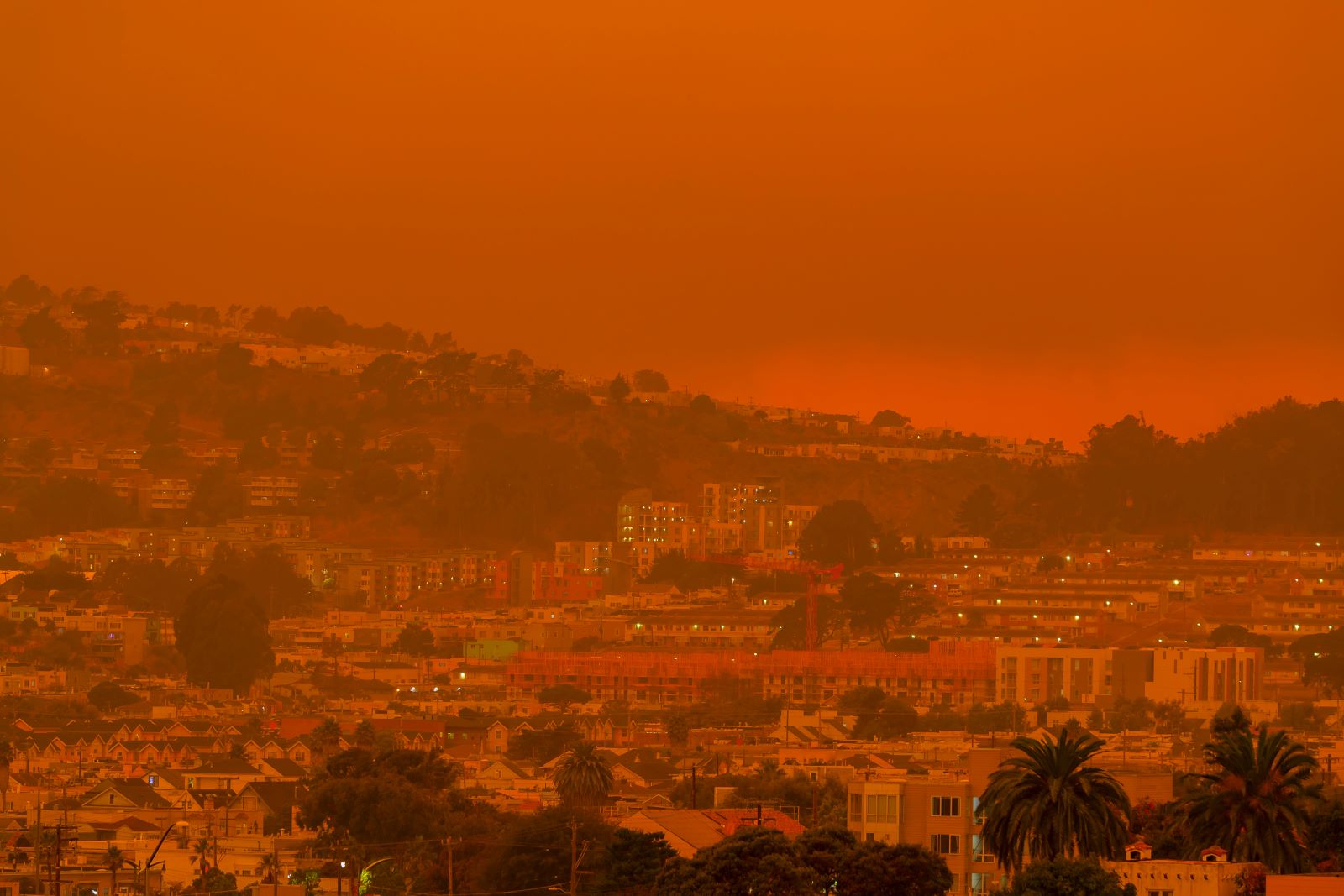
Image Credit: Shutterstock / SvetlanaSF
Despite increasing hurricanes, wildfires, and floods, many attribute these disasters to natural cycles, overlooking their growing intensity and frequency due to climate change.
3. Overlooking Air Quality
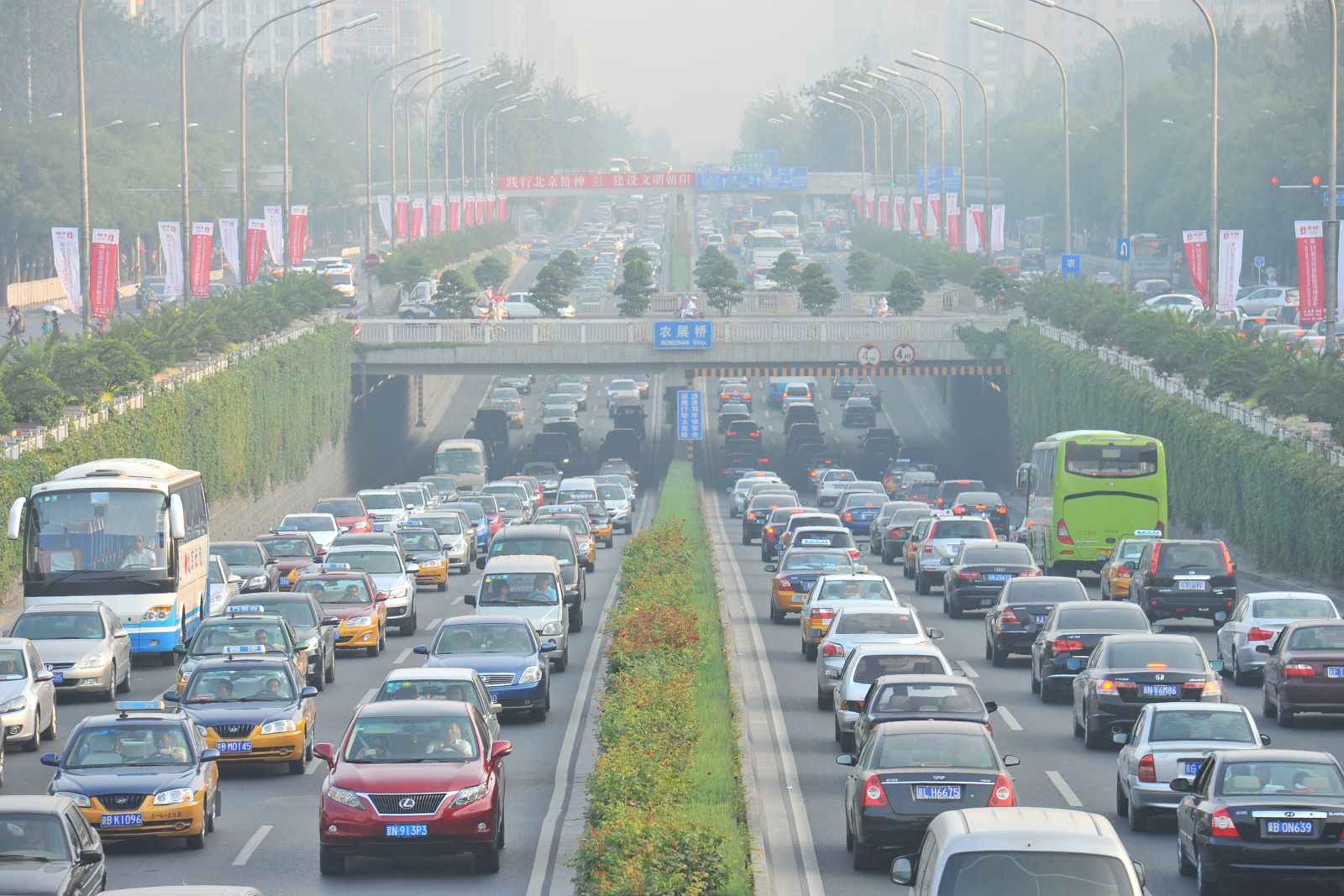
Image Credit: Shutterstock / Hung Chung Chih
The connection between climate change and worsening air quality often flies under the radar in public discourse, despite clear health impacts.
4. Undervaluing Water Scarcity
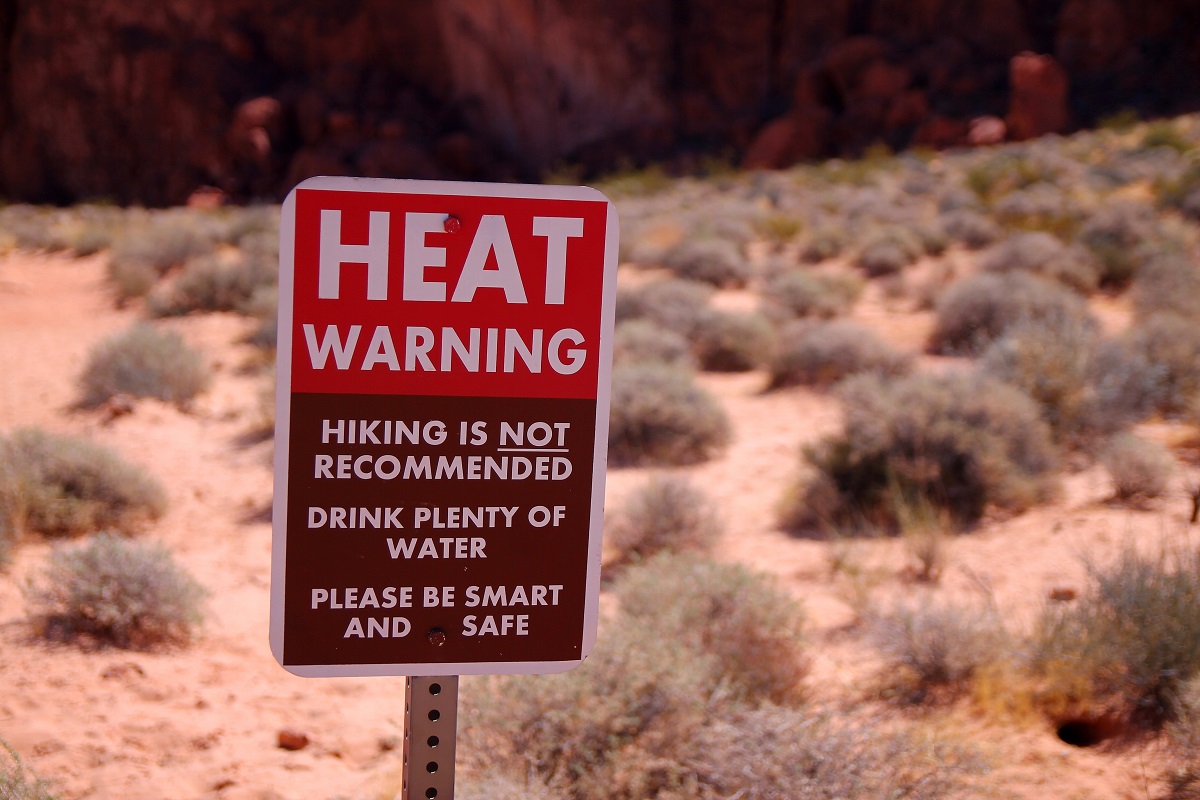
Featured Image Credit: Shutterstock / Will eye
Water scarcity issues in places like California are seen as temporary, not as symptoms of a larger, climate-related crisis.
5. Dismissing Scientific Consensus

Image Credit: Shutterstock / Motortion Films
There’s a significant portion of the population that still debates the existence of global warming, despite overwhelming scientific agreement.
6. Prioritizing Economic Growth Over Environment

Image Credit: Shutterstock / Tsuguliev
Economic concerns often trump environmental ones, with immediate financial gains taking precedence over long-term planetary health.
7. Skipping on Public Transit

Image Credit: Shutterstock / Bilanol
The reliance on cars persists, with insufficient awareness or support for public transit as a greener option.
8. Wasting Food

Image Credit: Shutterstock / Kmpzzz
Americans waste about 40% of their food, contributing to methane emissions from landfills, yet the climate impact of food waste is rarely discussed.
9. Fast Fashion Frenzy

Image Credit: Shutterstock / Iryna Imago
The environmental cost of fast fashion is vastly underestimated, with clothing waste and pollution on the rise.
10. Energy Inefficiency at Home
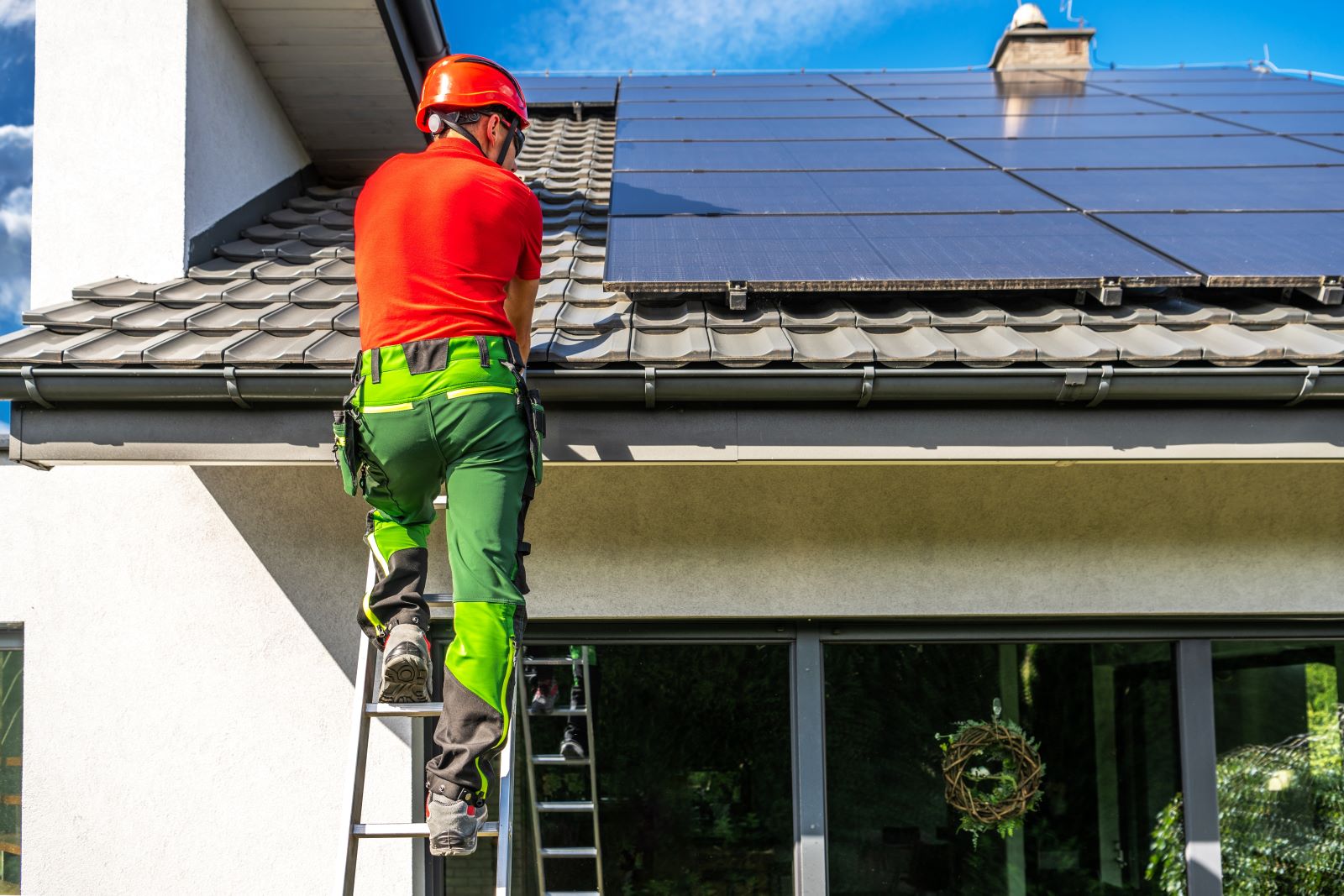
Image Credit: Shutterstock / Virrage Images
Energy conservation at home is often overlooked for more convenient or cheaper solutions, despite the potential for significant energy savings.
11. Misunderstanding Renewable Energy
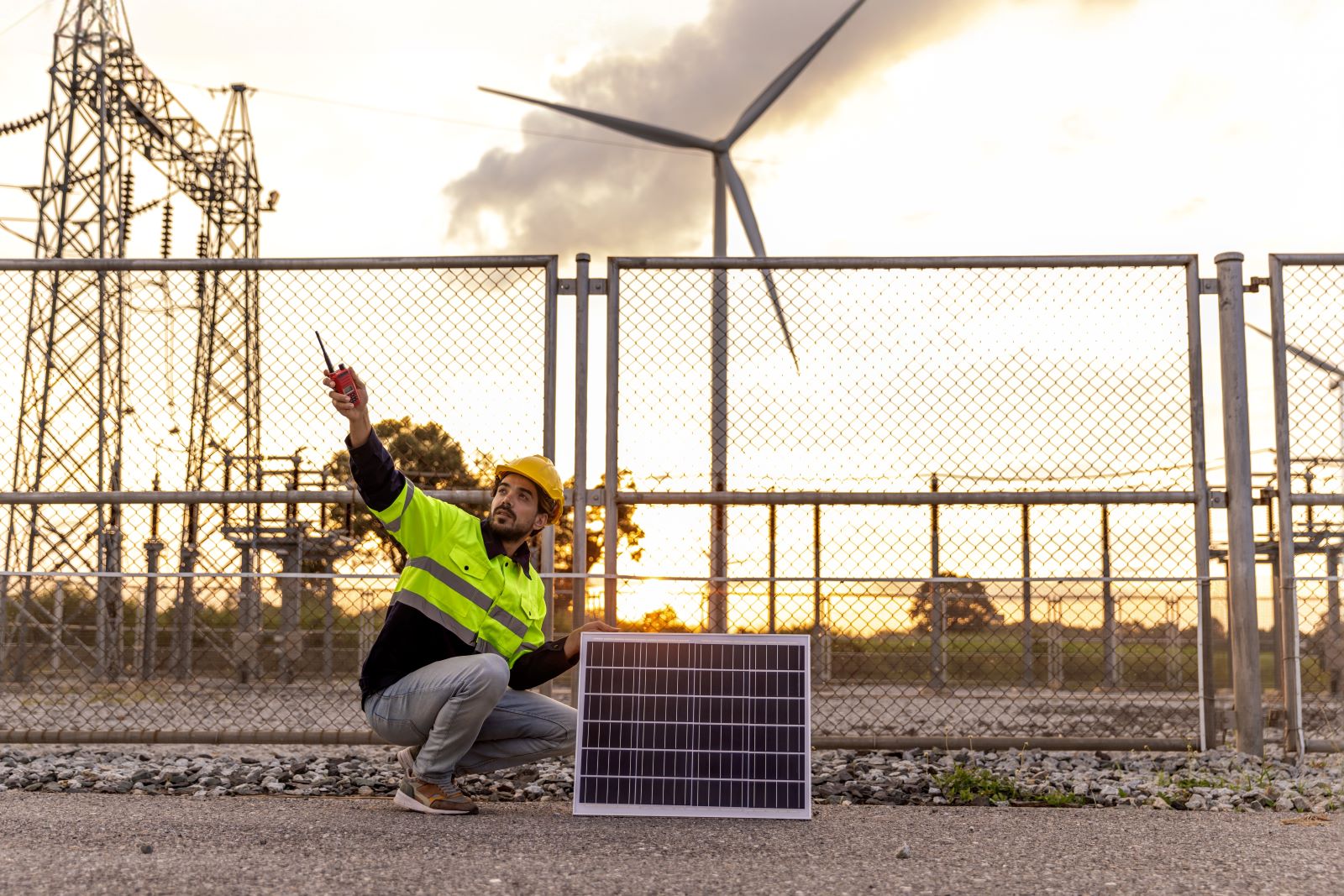
Image Credit: Shutterstock / kckate16
There’s a lack of understanding and investment in renewables; many view them as too costly or technologically immature.
12. Plastic Pollution Overloo
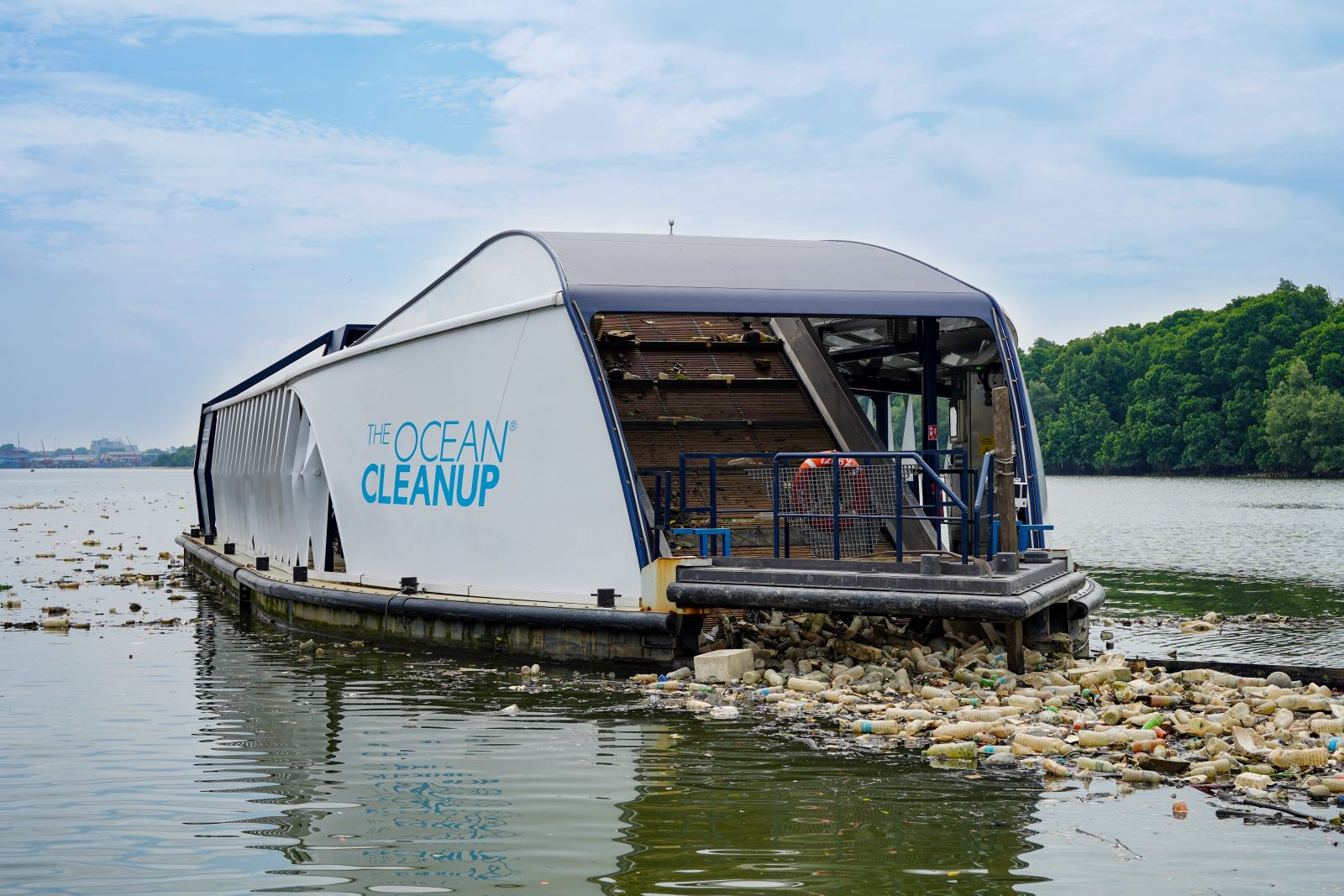
Image Credit: Shutterstock / TAUFIK ART
The impacts of plastic pollution on oceans and marine life are widely ignored in daily consumer choices.
13. Deforestation Denial
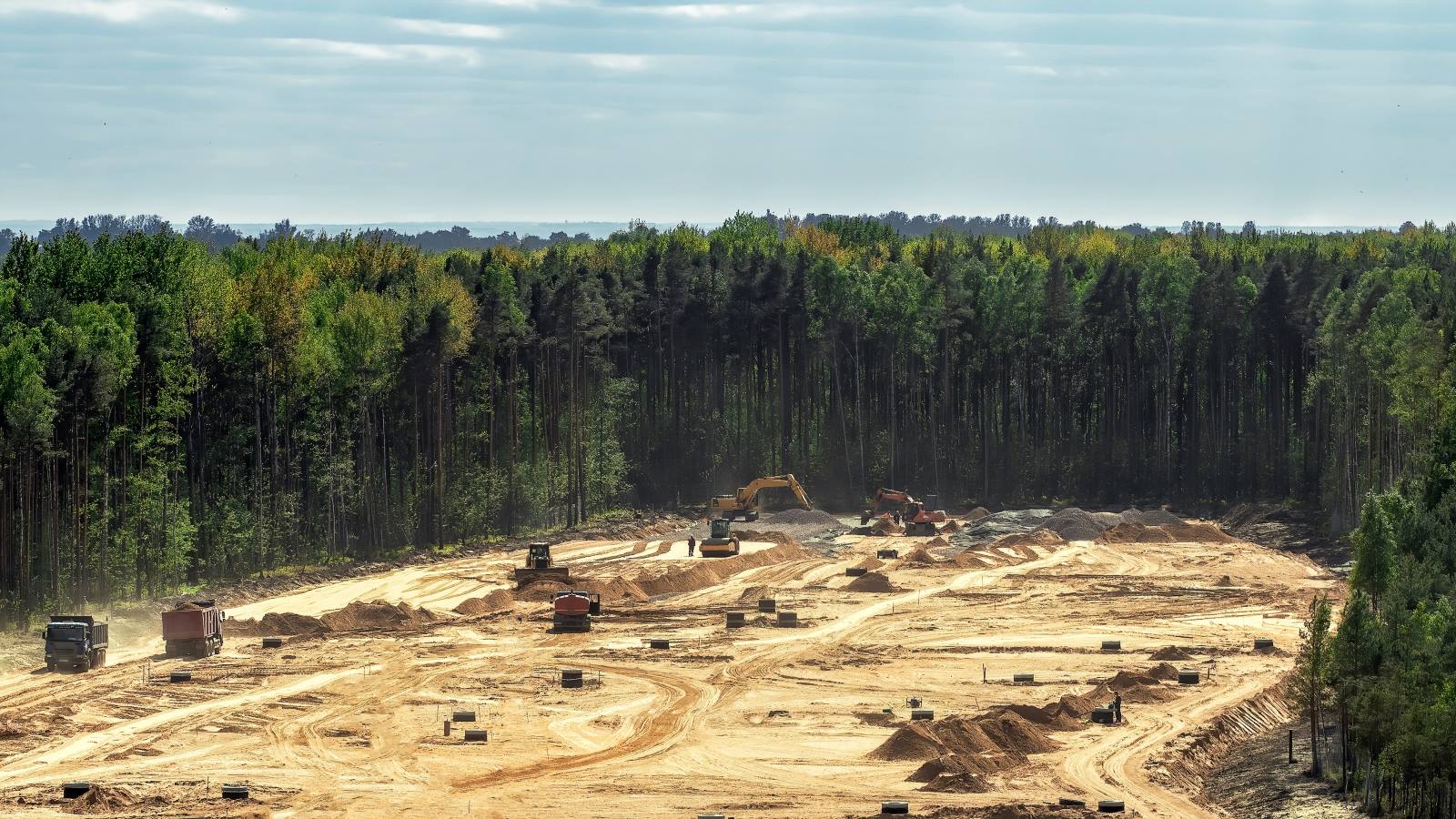
Image Credit: Shutterstock / kukurund
The role of deforestation in climate change, particularly related to products like palm oil and beef, is poorly understood or ignored.
14. Species Extinction

Image Credit: Shutterstock / Salivanchuk Semen
The link between climate change and the accelerating rate of species extinction isn’t widely acknowledged in mainstream discussions.
15. Fossil Fuel Dependence
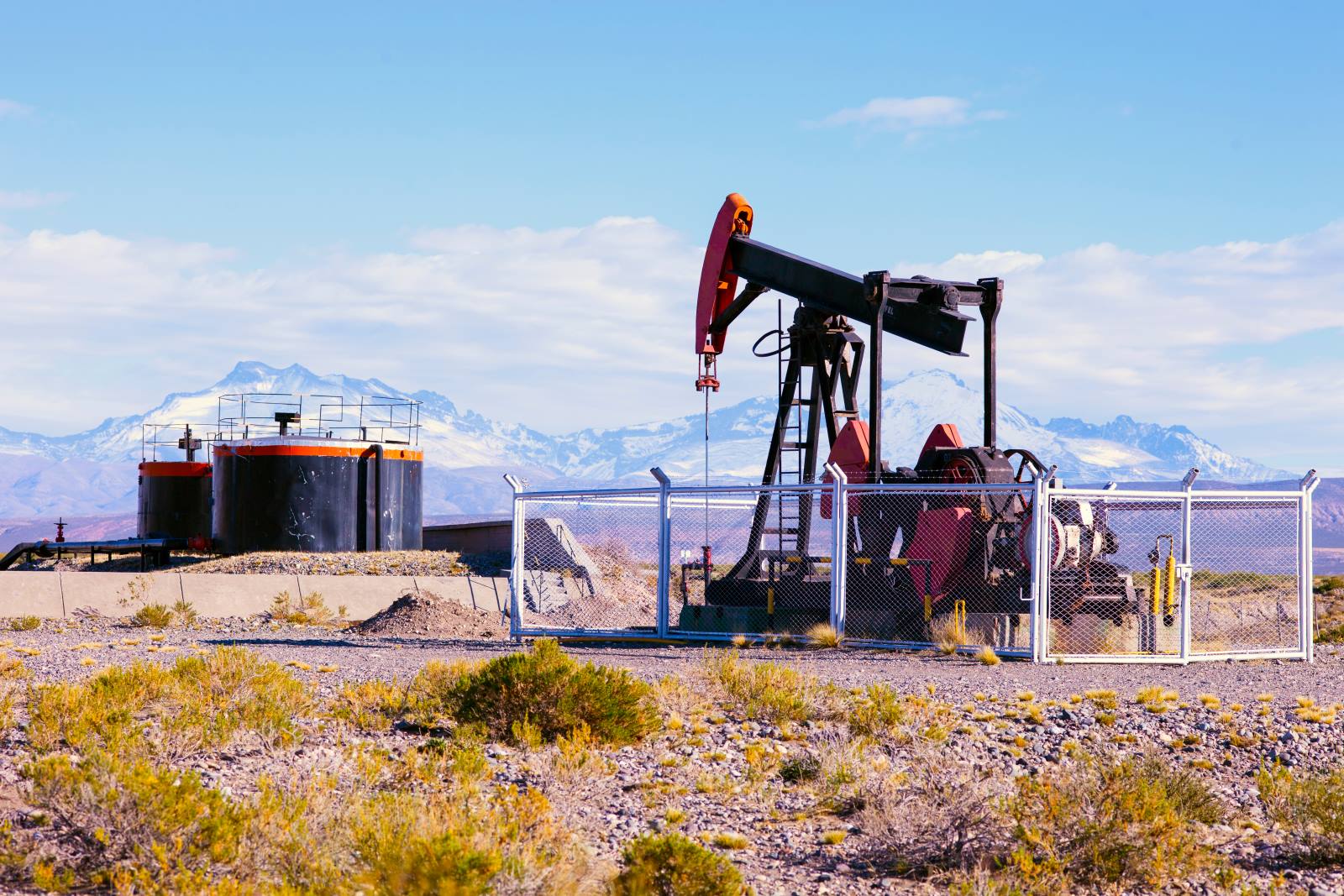
Image Credit: Shutterstock / Fast Speeds Imagery
There’s a strong resistance to acknowledging the need to move away from fossil fuels, seen in the vigorous defense of coal and oil industries.
16. Overlooking Indigenous Knowledge
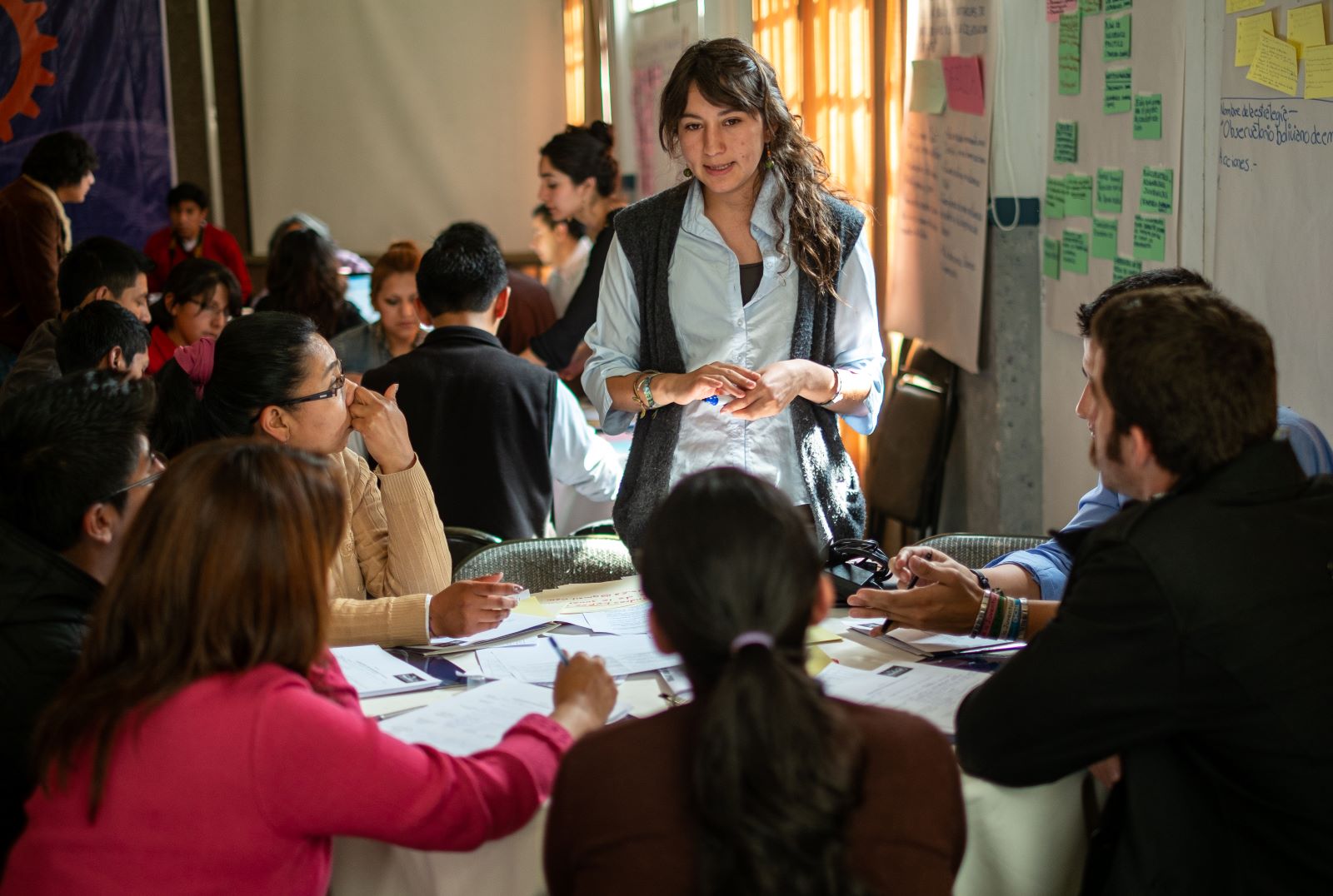
Image Credit: Shutterstock / Alexandre Laprise
Indigenous practices and knowledge in managing land and wildlife sustainably are undervalued in the climate change conversation.
17. Lack of Education on Climate

Image Credit: Shutterstock / Matej Kastelic
Climate education is not emphasized in schools as much as it should be, leaving a gap in young Americans’ understanding of the issue.
18. Misinformation Spread
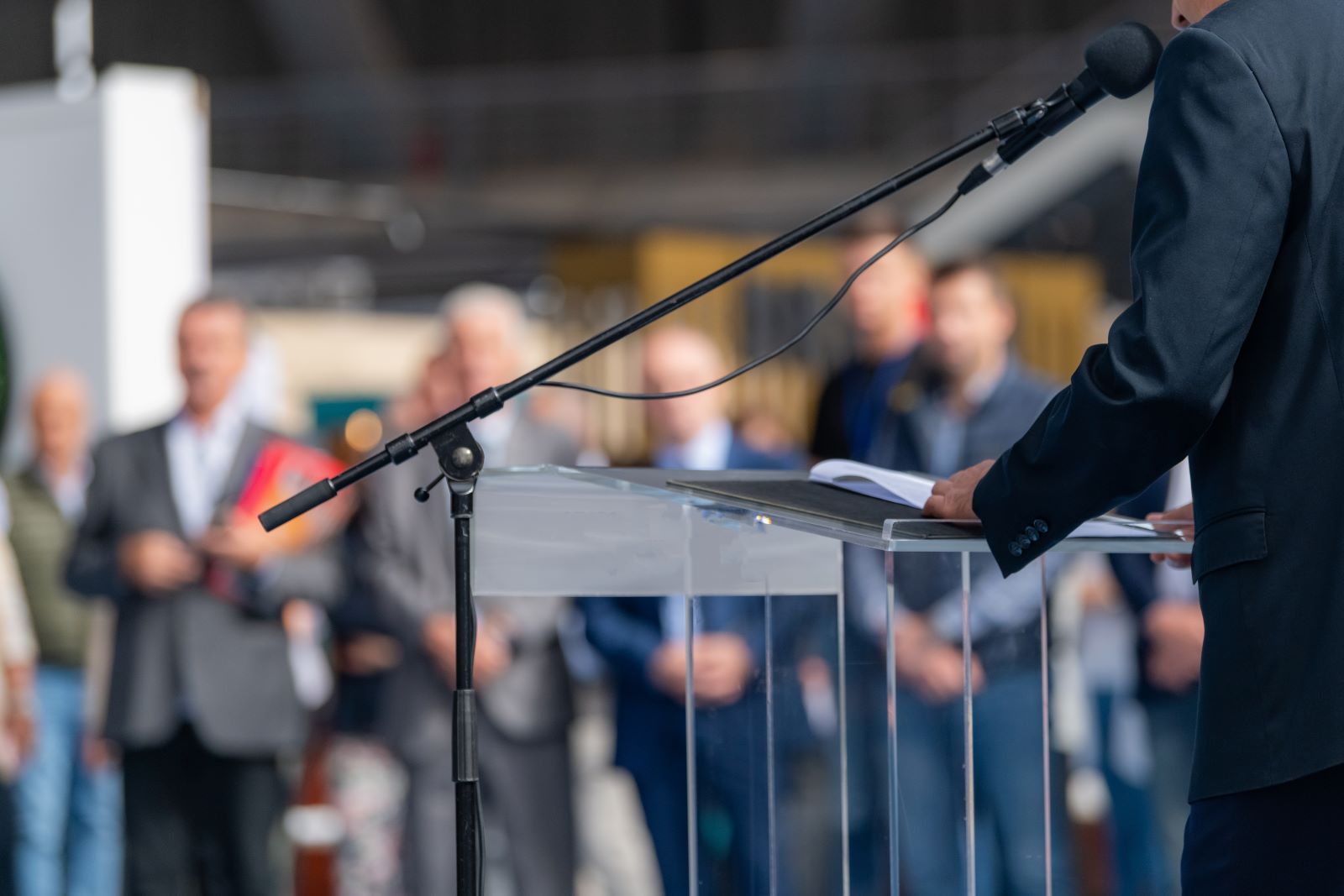
Image Credit: Shutterstock / Microgen
Misinformation about climate change is rampant, spread by influential figures and media outlets that question established science.
19. Recycling Misconceptions

Image Credit: Shutterstock / chayanuphol
Many Americans either don’t have access to proper recycling or misunderstand what can be recycled, reducing the effectiveness of recycling programs.
20. Urban Sprawl
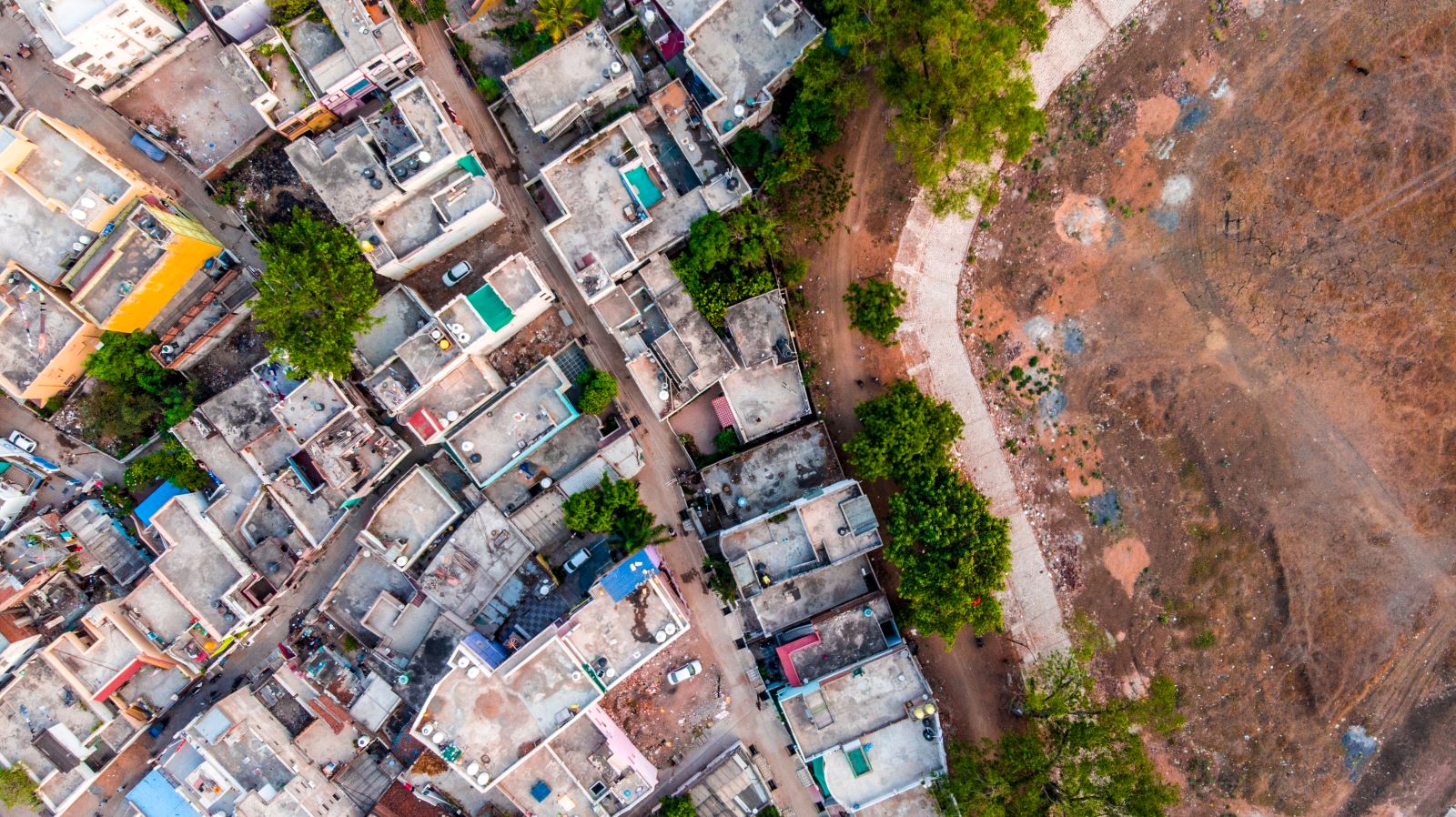
Image Credit: Shutterstock / vijit bagh
The environmental impact of expanding urban areas is often ignored, including the increase in emissions and reduction in green spaces.
21. Energy Consumption Gluttony

Image Credit: Shutterstock / Ratchat
The high energy consumption per capita in the U.S. is rarely seen as a major issue to be addressed in the context of global emissions.
Turning a Blind Eye?

Image Credit: Shutterstock / fizkes
It’s clear we have a lot of work to do if we want to start seeing and treating our planet with the respect it deserves. Ignorance isn’t just bliss; it’s downright dangerous. Let’s open our eyes and start making informed choices. After all, there’s no backup planet in our back pocket.
Featured Image Credit: Shutterstock / Frame Stock Footage.
For transparency, this content was partly developed with AI assistance and carefully curated by an experienced editor to be informative and ensure accuracy.

